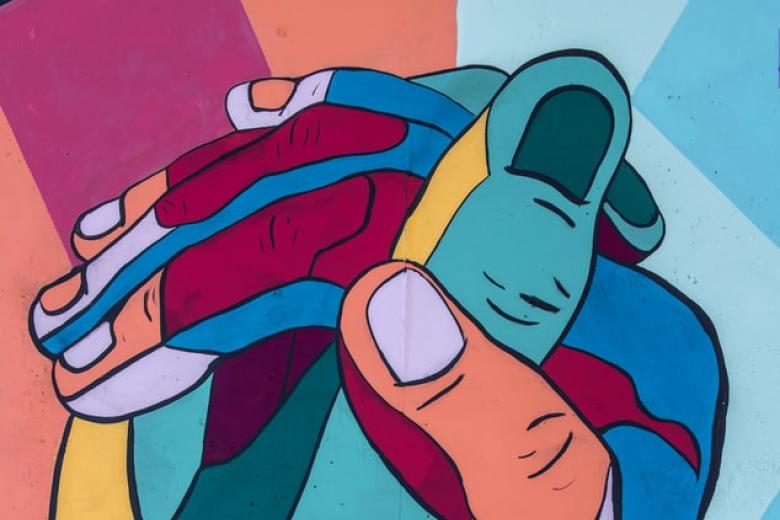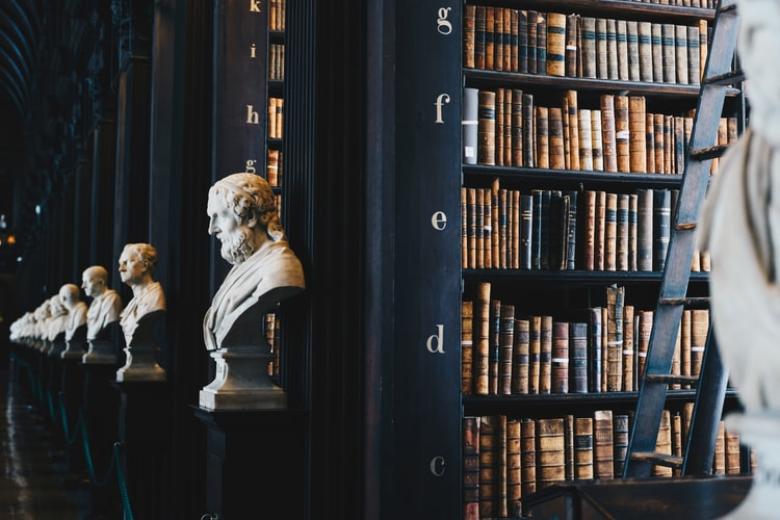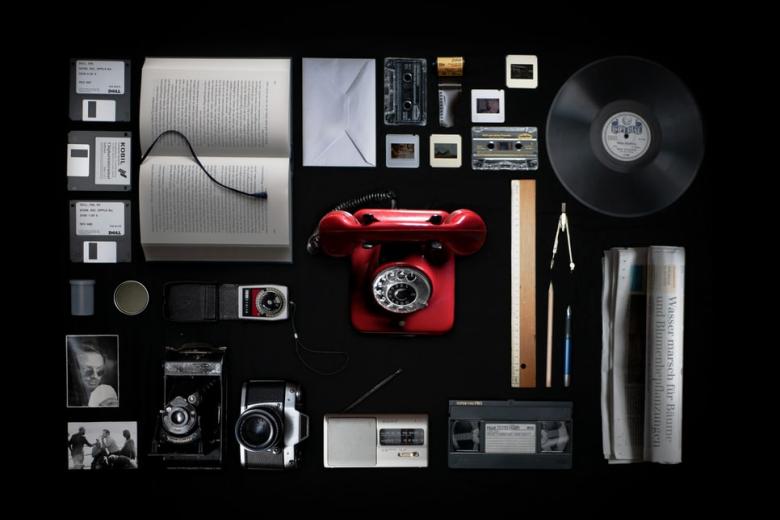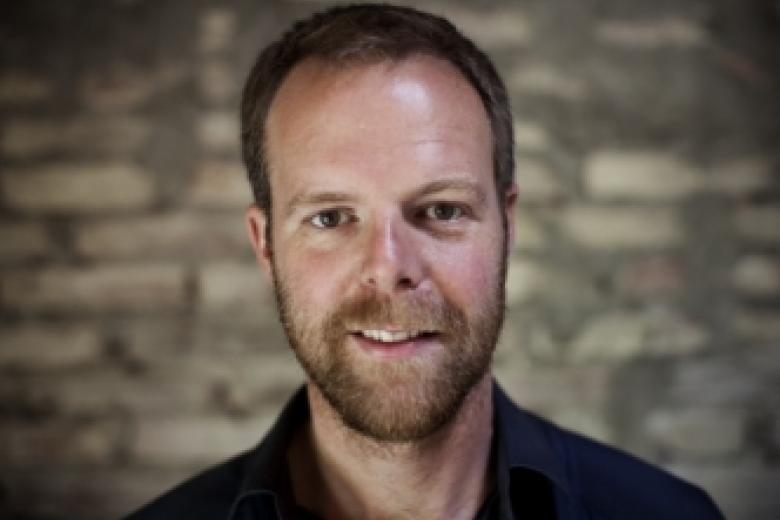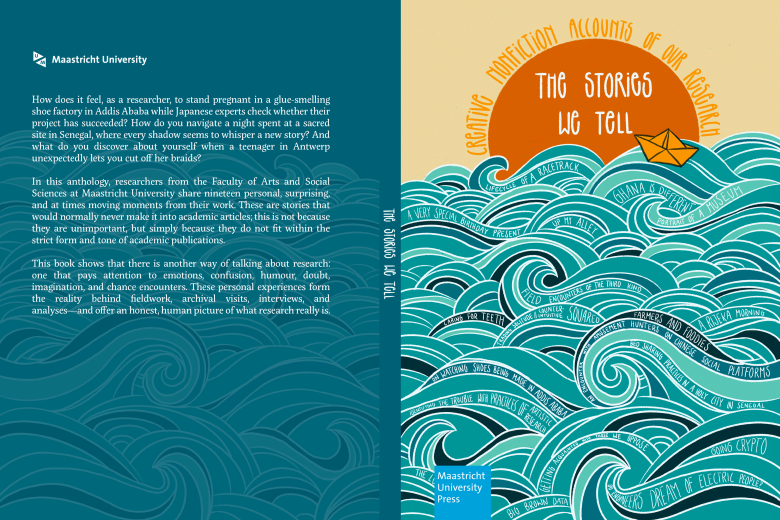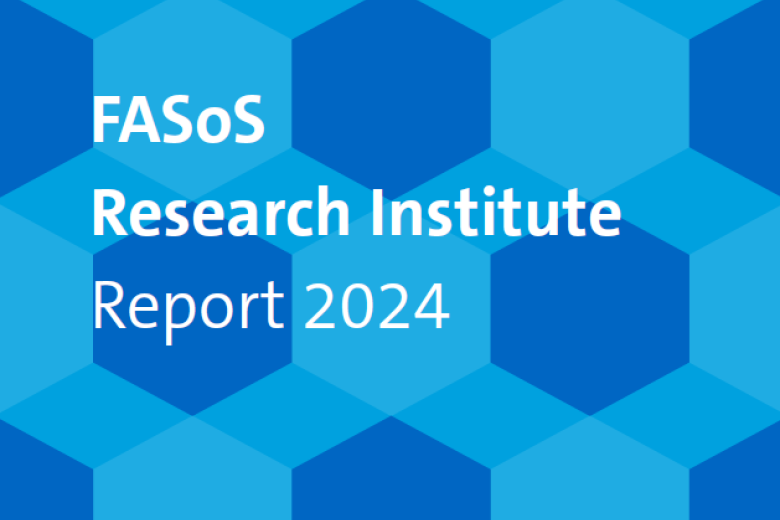Arts, Media and Culture
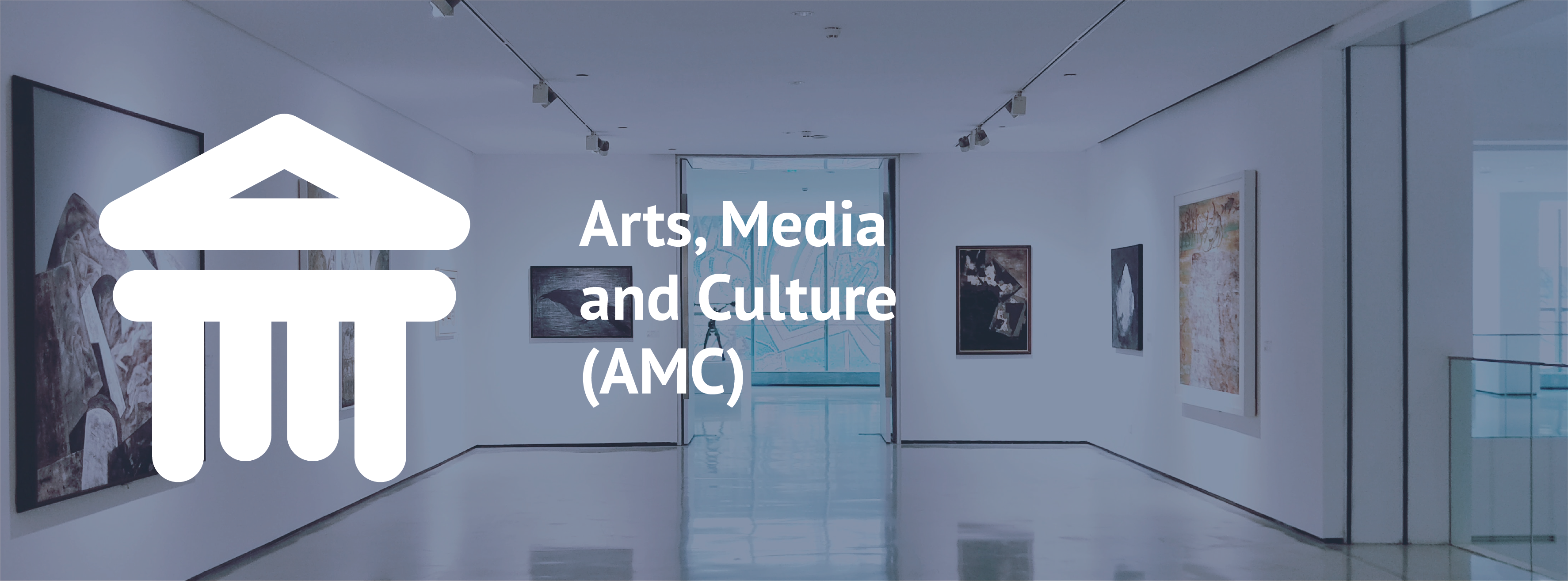
The Arts, Media, and Culture (AMC) research programme gathers some 50 researchers whose interests converge on the dynamics of cultural change, both historically and contemporaneously. Researchers come from a variety of disciplinary practices, including literature, history, philosophy, archaeology, linguistics, media and cultural studies.
Researchers work within situated practices: not only reading culture through social, theoretical, and historical lenses, but through the material, the digital, and bodily practices in which cultural artefacts are produced, distributed, and received.
AMC scholarship is underpinned by critical theory, history, philosophy, and digital and environmental humanities. It relies on paradigms such as post-humanism, post-and de-colonialism, and new materialism that are in the process of transforming the humanities beyond its anthropocentric foundations.

Director: Prof. Susan Schreibman
Academic secretary: Dr. Tullio Viola
See here for recent AMC publications
Topics AMC scholarship
AMC scholarship responds to the challenges that come with the following four topics. These topics are dynamic, and most scholars identify with at least two: inclusive societies, digital transformations, living histories, and engaging narratives.
